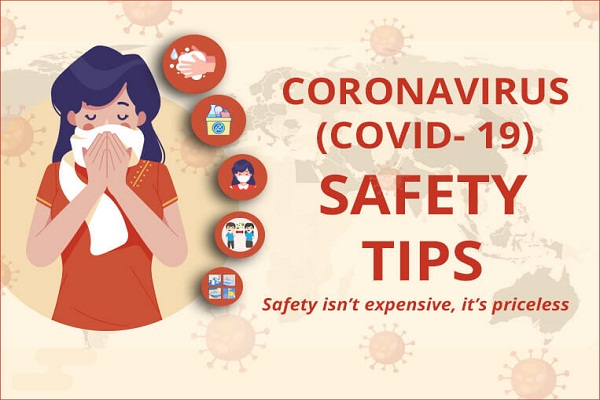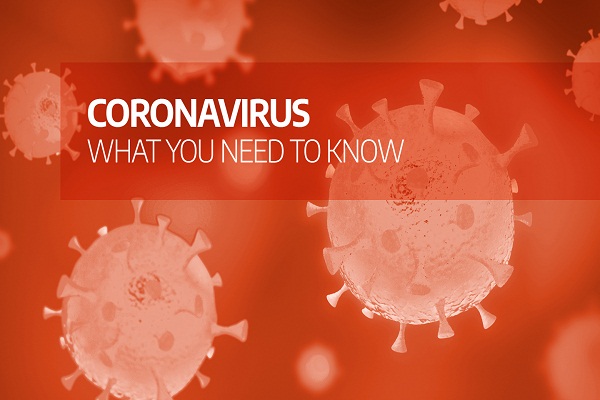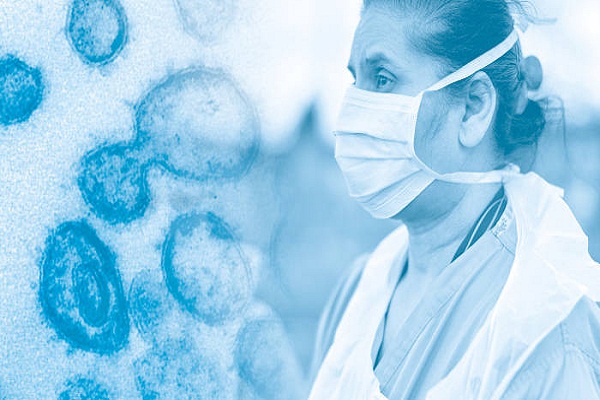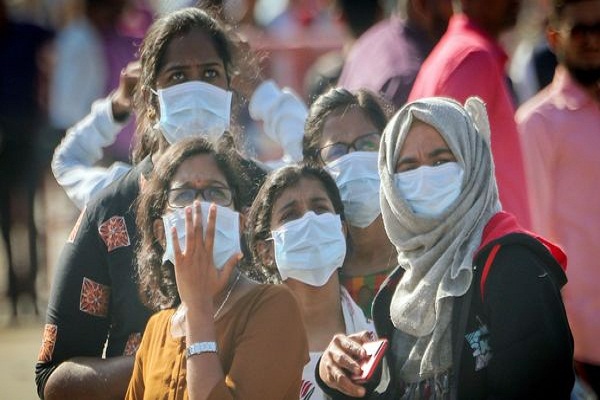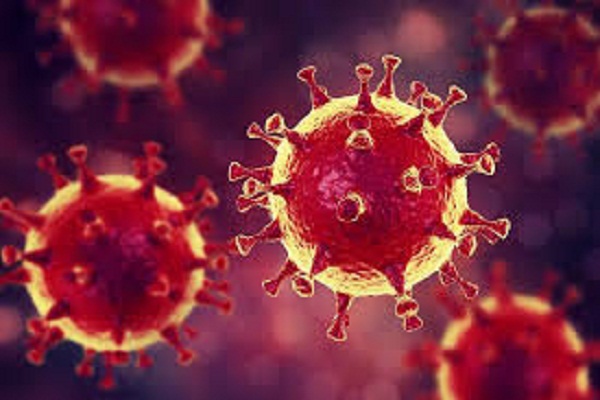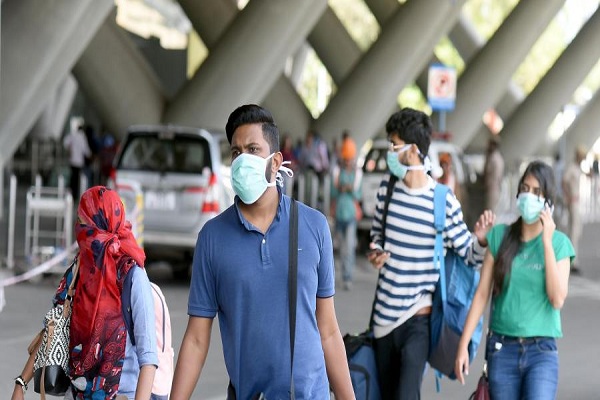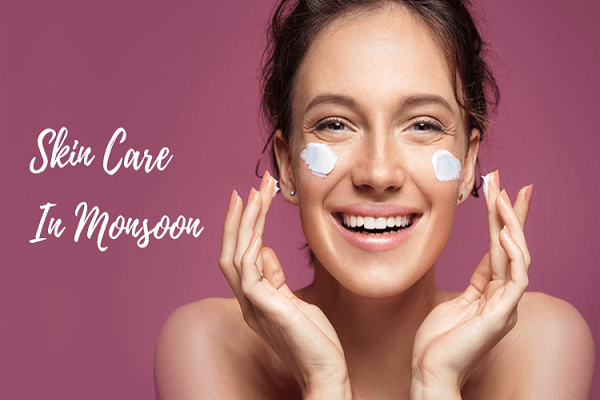
In Monsoon, amongst other infections, certain skin diseases also spike. Mumbai’s hot and humid climate is a perfect setting that encourages fungal, viral and bacterial infections of the skin. A patient who have allergies also have a tough time during this season; Eczemas (Dermatitis) and Urticaria(hives) see flare-ups too! During the season, in my OPD I see 80-90% rise in patients coming in with allergies, Eczemas and fungal infections; cases of insect bites also are frequent. A lot of children suffering from aggravated Atopic Dermatitis and viral infections, also frequent the OPD.
Let’s look at some of these concerns in detail:

FUNGAL INFECTIONS are the commonly known ‘ringworm/ daad/daadar/daraaj’. Fungal infections are transmitted through fomites (objects or materials which are likely to carry infection), such as public toilets, sharing of towels, utensils, etc. Once acquired, the infection can spread across the body through fingernails, as the patients scratch the infected area.

(1) The fungal infection commonly affects webbed spaces of the toes, it is commonly known as Athlete’s Foot; it presents as whitish scaly patches. The culprits are closed footwear and socks worn while wading through rains. One should instead opt for absolutely open chappals or sandals which can be changed after reaching workplace/home.

(2) Other common site of fungal infection during monsoons is the groin area, the inner area of thighs, and other body folds like armpits. This makes the patient itch a lot, which can lead to secondary infection of the nails, which tend to become discoloured (Yellowish-Green) and brittle

HOW TO PREVENT FUNGAL INFECTION?
– Wear open footwear
– Change out of wet clothes, socks, and undergarments as soon as possible
– Using anti-fungal dusting powder after bathing, before wearing socks and in evenings before retiring to bed
– Trying to avoid itching and scratching
Consulting a Dermatologist is important, to aid timely treatment and to prevent of the spread of the infection.
ACNE BREAK OUTS are commonly seen in the season, not just amongst those with dry skin but also those with oily people. When cosmetics are applied to reduce oiliness of the face, acne break out happens. Overzealous scrubbing to remove blackheads also leads to irritated, red and inflamed skin. People with oily skin should consult a Dermatologist when choosing a cleanser, sunscreen, anti-pimple medication (like Retinoids, Benzoyl Peroxide, antibiotics) and moisturizers. In case of acne breakouts, prompt treatment is necessary to prevent spotting and scarring. Blackheads are actually the initiation of pimples, scrubbing removes them temporarily only to reappear. Fortnightly or monthly chemical peels are better to treat acne.
HOW TO PREVENT BREAKOUTS?
– Gently cleanse your face with medicated skin cleansers prescribed by a Dermatologist 2-3 times in a day. Rest of the day, wash your face 2-3times wash with plain water
– An alcohol based toner should be used after face cleansing. This should be followed by application of sunscreen in daytime and moisturizer in the evenings
– Mild uniform bead scrub can be used twice-thrice a week.
ECZEMA or Dermatitis, commonly known as ‘Khaaj’ sees a steep flare-up in rainy season. Humidity and changing temperatures takes a toll on the already disturbed skin barrier of Eczema patients. Invariable scratching can damage the skin, leading to bleeding, aggravated itching and secondary bacterial infection. A Dermatologist can treat Eczema by prescribing medication like steroids, Topical Immunomodulators (Tacrolimus/ Pimecrolimus) and medicated non-cosmetic moisturizers. Children are affected by this too! Across the globe, Childhood Eczema affects 18-21% children. The season also sees an increased incidence of Atopic Dermatitis and nappy/diaper rash.
HOW TO PREVENT ECZEMA FLARE UPS?
A well moisturized skin is a healthy skin. Lotion based moisturizers are better than cream based ones in this season. One should refrain from using cosmetic moisturizers available OTC, as the fragrance and the colouring agents are one of the commonest causes of aggravation of allergies. One should ask their dermatologist for a moisturizer apt for their skin
– Staying away from known allergens like dust, dirt, pollens and animal fur
– Sweating aggravates itching in patients with Eczema; keeping dry, bathing twice, wear loose cotton clothing
Also read: With onset of monsoon, number of malaria cases go up in Delhi
INSECT BITES AND STINGS are commonly seen in monsoons. Their bites can cause distress ranging from a single red itchy bump to the very severe Urticaria-Angioedema in allergic patients. Therefore, one should immediately consult a dermatologist! Patients with known allergies might need anti-histamines and steroids; while Diabetics and those on long term immune-suppressive diseases like Arthritis patients run a risk of enhanced infections. These infections become difficult to treat if the Diabetes is not under control. Such patients with multiple medical issues should never take skin allergies, stings/bites, fungal, viral and bacterial infections lightly.
(Writer is Dr SmritiNaswa Singh, Consultant Dermatologist & Cosmetic Dermatologist, Fortis Hospital, Mulund. Views expressed are a personal opinion.)
Be a part of Elets Collaborative Initiatives. Join Us for Upcoming Events and explore business opportunities. Like us on Facebook , connect with us on LinkedIn and follow us on Twitter , Instagram.
"Exciting news! Elets technomedia is now on WhatsApp Channels Subscribe today by clicking the link and stay updated with the latest insights!" Click here!






